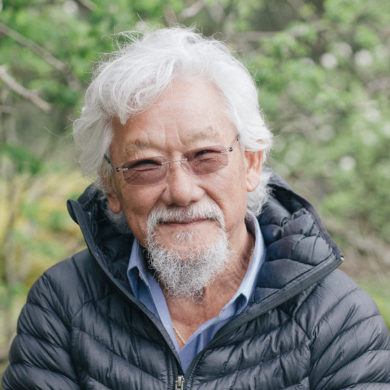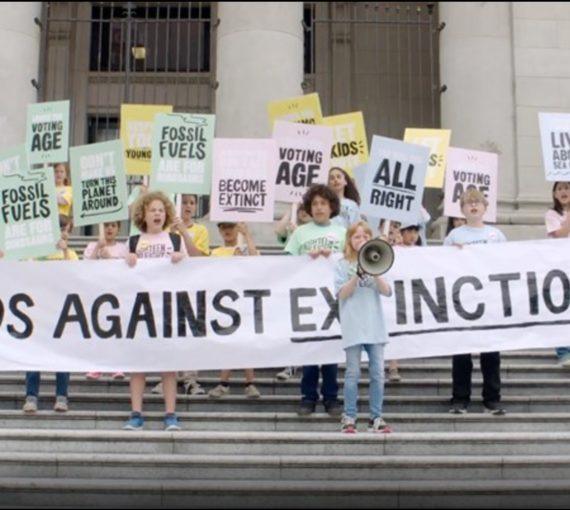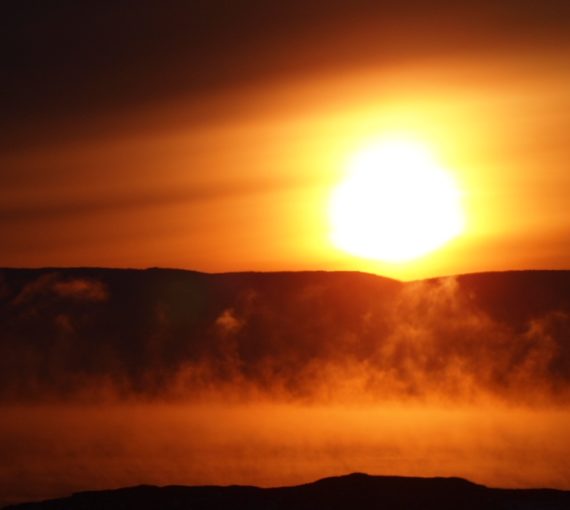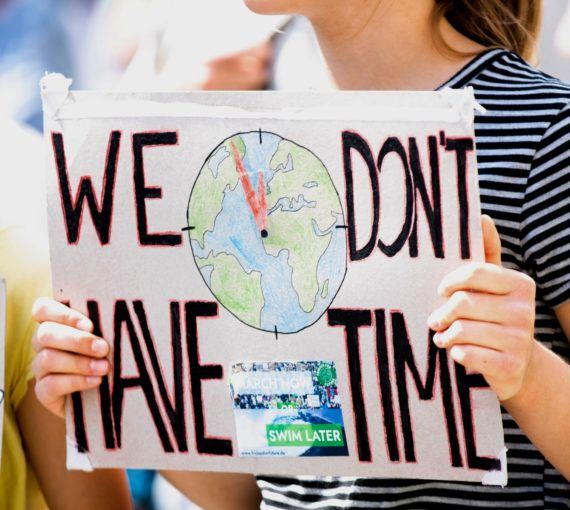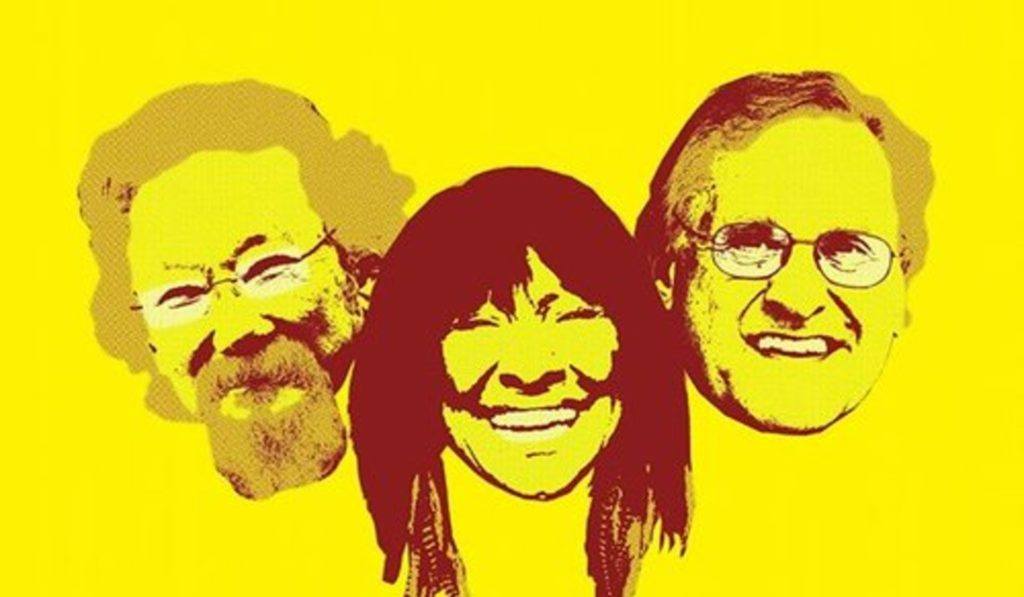
Please join us and help put the #ClimateFirst this federal election.
In 1989, I hosted a CBC radio series, It’s a Matter of Survival, featuring interviews with almost 150 scientists and environmental experts from around the world. Their warning was consistent and stark: Human beings were causing unprecedented changes to Earth’s systems, the detrimental effects were already taking shape, and people would need to reinvent how we live, consume, use energy and move around in order to avoid a looming global crisis.
The public response was impressive. In this pre-internet era, the CBC received 16,000 handwritten letters from listeners eager to act on climate change and other environmental issues. (This would eventually lead to the David Suzuki Foundation’s creation.)
That was 30 years ago.
Today, I’m experiencing a strong — and discouraging — sense of déjà vu…
Last October, hundreds of the world’s top climate scientists, representing almost every nation, gave us another, even more dire warning: We only have about 12 years to reduce our global emissions by half in order to avoid the catastrophic, irreversible effects of locking too many emissions into the atmosphere for years to come — everything from widespread drought, crop failure and water shortages to intensified wildfires and mass human displacement. The world’s best-known medical journal, The Lancet, also tells us the health consequences for humanity — from heat stroke to the spread of diseases and parasites — will be enormous.
This UN report — by the Intergovernmental Panel on Climate Change, the world’s leading body on climate — focuses on what we need to do as a global community to meet our Paris Agreement targets and limit average global warming to 1.5 C above pre-industrial levels. This is the target we must all focus on, and governments, industries and citizens must have the courage to change the way we think and act if we are to meet it.
“Humanity is not taking the urgent steps needed to safeguard our imperilled biosphere.”
The IPCC is just one of many organizations with a similar message. In November 2017, the Union of Concerned Scientists, representing some 15,000 scientists, issued a second “Warning to Humanity” (their first was in 1992). It was “the most scientists to ever co-sign and formally support a published journal article.” The BioScience article stated, “By failing to adequately limit population growth, reassess the role of an economy rooted in growth, reduce greenhouse gases, incentivize renewable energy, protect habitat, restore ecosystems, curb pollution, halt defaunation, and constrain invasive alien species, humanity is not taking the urgent steps needed to safeguard our imperilled biosphere.”
Luckily, signs of hope are emerging. In many cases, this hope is embodied in young people who have everything at stake.
Just last week, Greta Thunberg — the 16-year-old founder of #FridaysForFuture climate strikes and the unofficial figurehead of the international youth climate movement — landed in New York after journeying from Europe in a zero-emissions yacht to address the United Nations, before she travels to Montreal for the Sept. 27 global youth climate strike.
Earlier this spring, inspired by Greta, millions of young people took to the streets to strike for climate, sending a clear message to governments worldwide: We need climate action now. As Greta says, “I want you to act as if your house is on fire. Because it is.”
Politicians representing any party must agree that the threat of climate chaos is real and must be met with the same type of response we give to war.
Canadians will soon face another important moment: the Oct. 21 federal election. With just over a decade left to take massive strides toward decarbonization, politicians representing any party must agree that the threat of climate chaos is real and must be met with the same type of response we give to war. When voters head to the polls in October, we must put climate at the top of the political priority list.
This is why co-conspirator and fellow “silverback gorilla” (as we amicably refer to ourselves) Stephen Lewis and I are touring Canada in September and October. We need to spread the message: Everyone in Canada and all political parties must rally together to take action on climate disruption. This isn’t a partisan issue.
We’ll speak in at least six cities, with a special focus on connecting with Canadian youth who have the most at stake from the repercussions of global heating. Other notable Canadians — Indigenous leaders, musicians and public figures — have signed up to help.
Stephen and I have a life’s worth of knowledge and nothing left to prove. Our responsibility now is sharing our wisdom with a new generation, and giving young people the tools they’ll need to navigate the challenges of the world they will inherit.
I’ve been sounding the alarm for more than 30 years, but we don’t have another 30. Please join us and help put the #ClimateFirst this federal election.
This op-ed was originally published in The Star.

